With the support of the UK's Quality Assurance Agency for Education (QAA) and the British Council, the ESG Standards are gradually getting closer to Vietnamese educational institutions.
Steady progress
Hanoi University of Science and Technology and Ho Chi Minh City University of Industry are completing preparations for accreditation according to the ESG standards. These are two institutions that have participated from the beginning of the project “Promoting quality assurance and accreditation activities in higher education towards international integration”, a cooperation between the British Council and the Department of Quality Management (Ministry of Education and Training) with technical support from QAA.
The preliminary survey took place in October 2024. At Hanoi University of Science and Technology, the highlight was the eHUST digital platform - real-time quality monitoring, survey data integration and reporting automation. The school has feedback channels from lecturers, students, alumni and businesses. However, some gaps were pointed out such as the need to increase the role of students in maintaining quality and improving lecturer capacity.
Based on QAA's comments, the school has developed an action plan (February - June 2025) including: improving internal communication channels on quality policy, expanding access to survey data and establishing a mechanism for collecting - processing - responding to opinions...
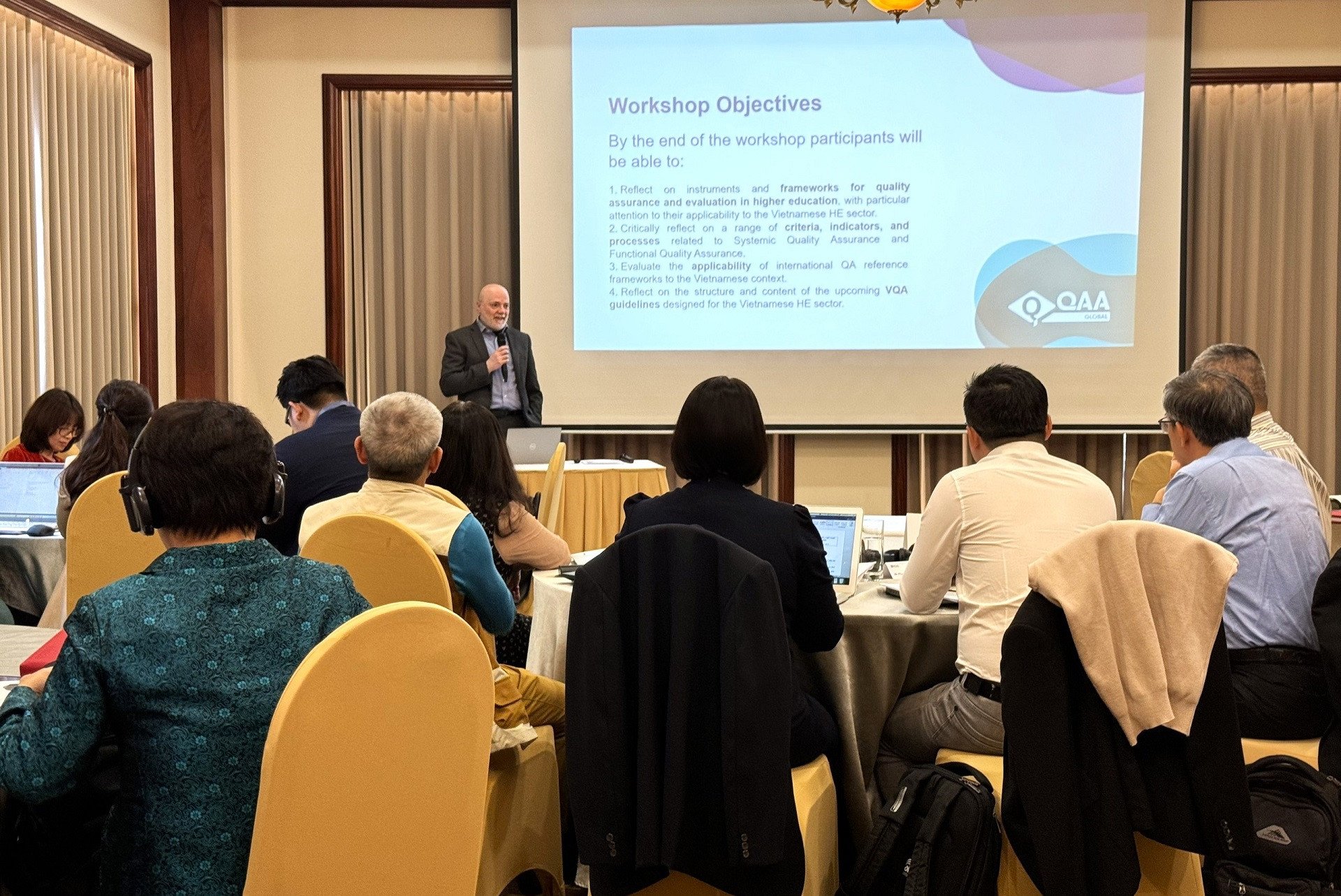
At the Industrial University of Ho Chi Minh City, QAA recognized the strengths in the internal quality assurance (IQA) system, online records management, examination procedures and training support software. Lecturers are also updated with modern teaching methods, focusing on output results and learning experiences.
However, some areas for improvement include building a culture of quality assurance and increasing stakeholder engagement. Based on the QAA recommendations, the school has developed a plan to improve the cycle from data collection, assessment, implementation to review of results. The goals are to use student data to drive informed improvement, train lecturers on diverse assessment strategies and set clear standards for student support services.
The role of the “system architect”
From 2023, QAA will implement a gap assessment process at a number of public universities in Vietnam, to help schools determine their level of compatibility with the ESG standards.
The process includes many working sessions with the board of directors, lecturers, students, alumni and businesses, thereby comprehensively outlining the administration, training programs, learning environment and level of labor market engagement.
After the assessment, the schools receive reports that highlight their strengths, weaknesses, and provide in-depth recommendations. Currently, Hanoi University of Science and Technology and Ho Chi Minh City University of Industry are preparing for the official accreditation round at the end of 2025.
Associate Professor Dr. Huynh Quyet Thang - Director of Hanoi University of Science and Technology - said that participating in QAA accreditation helps the school improve its quality assurance system, build a quality culture according to international standards, thereby affirming its position in the strategic period 2025-2035.
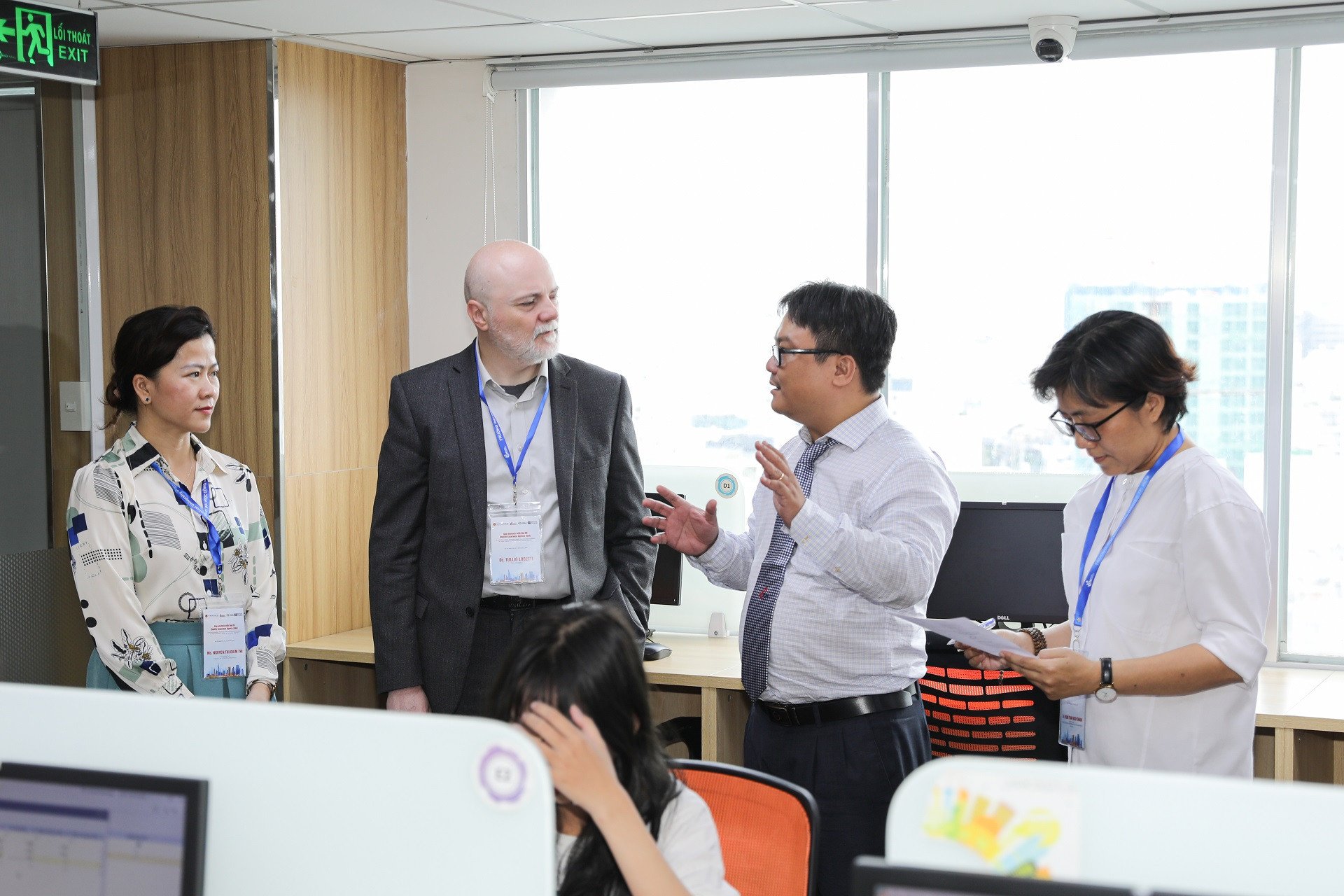
Dr. Phan Hong Hai - Principal of Ho Chi Minh City University of Industry - said that the project helps the school better understand the requirements of the European accreditation standards, thereby reviewing the system, identifying gaps and areas that need improvement, and preparing for the official accreditation round.
In this process, the British Council plays a key role as an “architect” by connecting, accompanying and providing technical guidance. Since 2021, the unit has signed a cooperation agreement with the Ministry of Education and Training, becoming a bridge to help Vietnamese universities access European ESG standards and prestigious accreditation organizations such as QAA.
To date, the British Council has organized more than 17 seminars and thematic dialogues, attracting more than 1,100 representatives from 115 educational institutions and 7 domestic accreditation centers.
Professor Huynh Van Chuong - Director of the Department of Quality Management (Ministry of Education and Training) - assessed that the first phase of the program has brought positive results. He hopes that in the coming time, the British Council and the Department will expand their activities to many units, and at the same time provide consultation to adjust and supplement a number of standards for educational institutions and training programs.
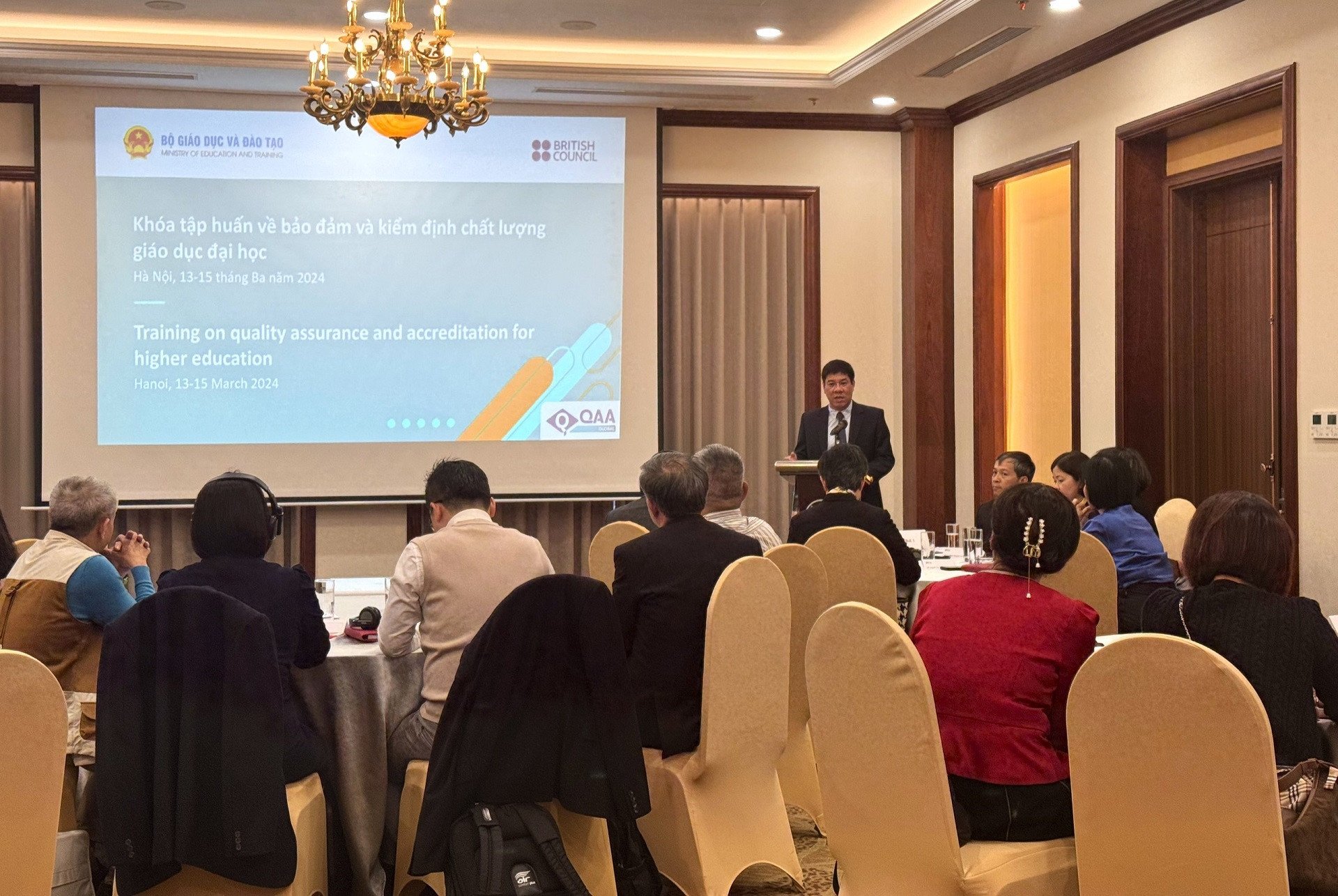
Meanwhile, Mr. James Shipton - Country Director of the British Council in Vietnam - said that the unit plans to pilot the assessment and comparison of joint programs taught in English, thereby promoting student and lecturer exchanges between Vietnam and the UK. This is a commitment to support the development of Vietnamese higher education within the framework of the British Council's Global Partnership Program.
Bich Dao
Source: https://vietnamnet.vn/mo-rong-co-hoi-tiep-can-chuong-trinh-dao-tao-quoc-te-cho-sinh-vien-viet-nam-2445085.html







![[Photo] Cutting hills to make way for people to travel on route 14E that suffered landslides](https://vphoto.vietnam.vn/thumb/1200x675/vietnam/resource/IMAGE/2025/11/08/1762599969318_ndo_br_thiet-ke-chua-co-ten-2025-11-08t154639923-png.webp)






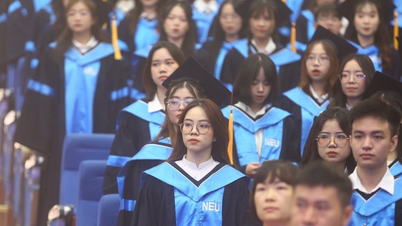
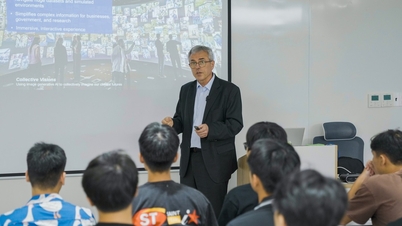
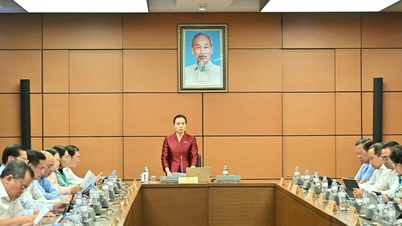

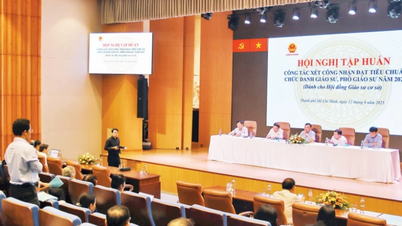


























![[Video] Hue Monuments reopen to welcome visitors](https://vphoto.vietnam.vn/thumb/402x226/vietnam/resource/IMAGE/2025/11/05/1762301089171_dung01-05-43-09still013-jpg.webp)













































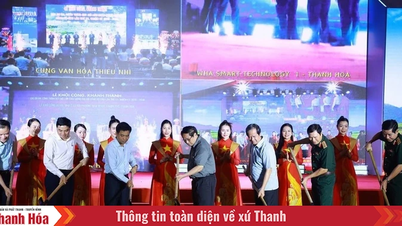

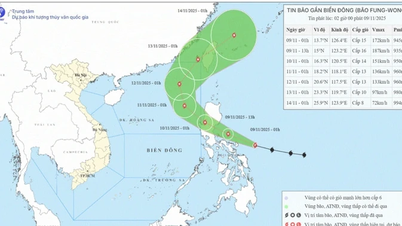

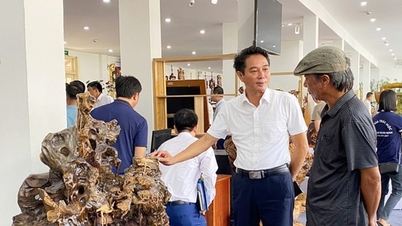

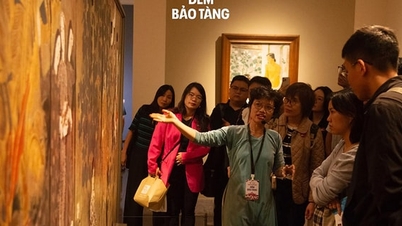











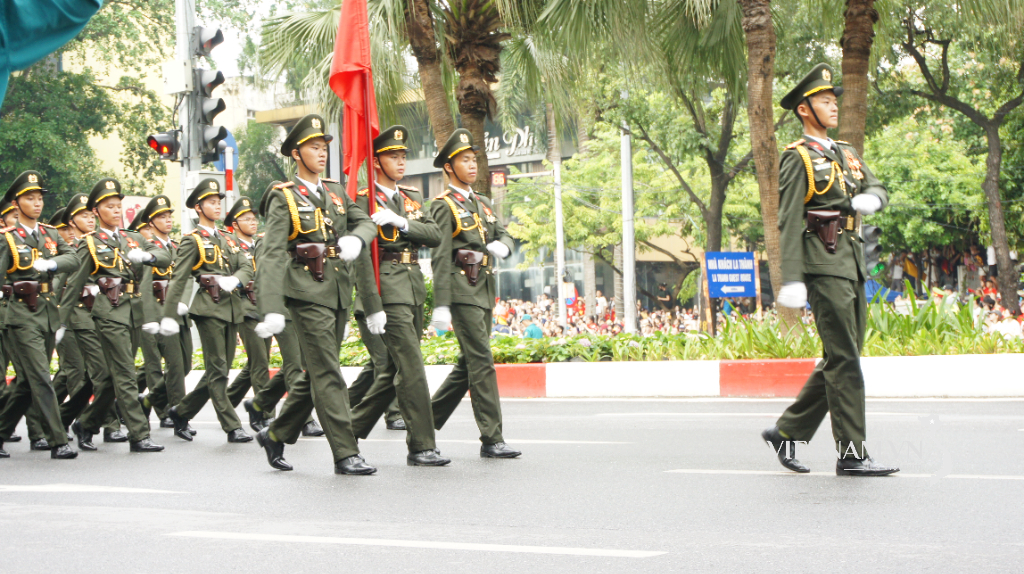


Comment (0)